Southeast European countries are creating a permanent fund for cooperation in the sphere of culture. The decision has been taken at a meeting of the Council of Ministers of Culture of SEE, as president of the council in the past year was Bulgaria. The role that this council has played in the past 15 years is particularly important for maintaining productive dialogue and cultural cooperation among the countries of the region, Minister of Culture Boil Banov said and added that the work of the Bulgarian presidency of the Council of Ministers of Culture in Southeastern Europe in recent months has been dictated by the increasing importance of culture and cultural heritage in the region's agenda.  “We have conducted a very fruitful discussion focusing on the contribution of culture in international relations. At the meeting, a consensus was reached on the idea that in today's globalized and complex world, international cultural cooperation is crucial to achieving good strong neighborly ties between countries. The unchangeable role of culture in building not only more cohesive societies but also building understanding in the region in which we all live, is undeniable,” Minister Boil Banov said. When it comes to the objectives of the SEE Cultural Cooperation Fund, the Minister said:
“We have conducted a very fruitful discussion focusing on the contribution of culture in international relations. At the meeting, a consensus was reached on the idea that in today's globalized and complex world, international cultural cooperation is crucial to achieving good strong neighborly ties between countries. The unchangeable role of culture in building not only more cohesive societies but also building understanding in the region in which we all live, is undeniable,” Minister Boil Banov said. When it comes to the objectives of the SEE Cultural Cooperation Fund, the Minister said:
“This fund, financed primarily through the culture budgets of the member states, would invest additional funds and efforts in promoting our cultures, heritage, creativity and innovation, as well as in promoting the positive image of the region as a whole. The fund will be promoting the implementation of regional and international cultural cooperation projects on the basis of coordinated actions of the Southeast European countries and their common priorities. It would allow for pooling of resources, facilitation of cooperation and cultural exchange.”
In the coming months, the specific rules, mechanisms and contributions of each Southeast European country will be defined.
The meeting of SEE culture ministers in Sofia was the last in the framework of the Bulgarian presidency of the Council of Ministers of Culture. Croatia will be holding the presidency until 2020. This is happening in an important moment for the country coinciding with its presidency of the Council of the EU /January –June 2020/. Rijeka will also be the next European Capital of Culture, along with the Irish city of Galway. Croatian Deputy Minister of Culture Iva Hraste-Sočo has pointed out that while being head of the Council of Culture Ministers, the country would pay particular attention to better connectivity among the countries in the region, as well as finding appropriate models and mechanisms to enhance the mobility of artists and cultural experts.
English: Alexander Markov
"The dying fire is often rekindled thanks to a few remaining embers." With these warm words, Slavic philology professor Krassimir Stantchev inspires hope that the fading interest in the Bulgarian alphabet, the Bulgarian language and Bulgarian culture..
2021 population census data from Bulgaria show that there are 654,547 people living in the country with an acknowledged permanently reduced capacity for work or degree of disability. Of them, 22,248 are children, and 632,299 are 16 or over. 578,517..
“Ways have been found, in a unique way, to finance each sector in culture the wrong way. Artists are now working as if they are in a factory, and instead of forming society’s taste, they are forced to cater to this taste so as to earn more money,”..

+359 2 9336 661
